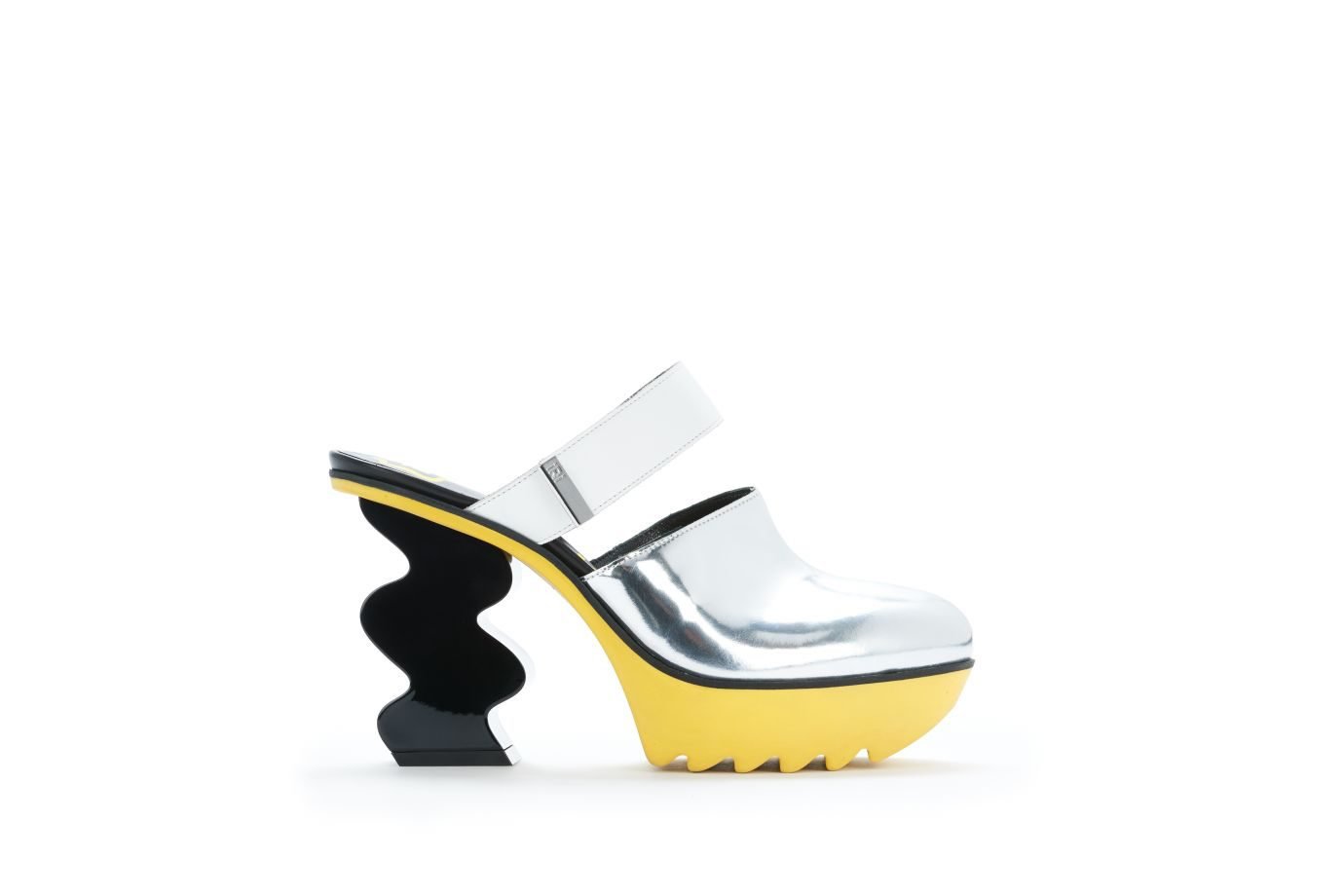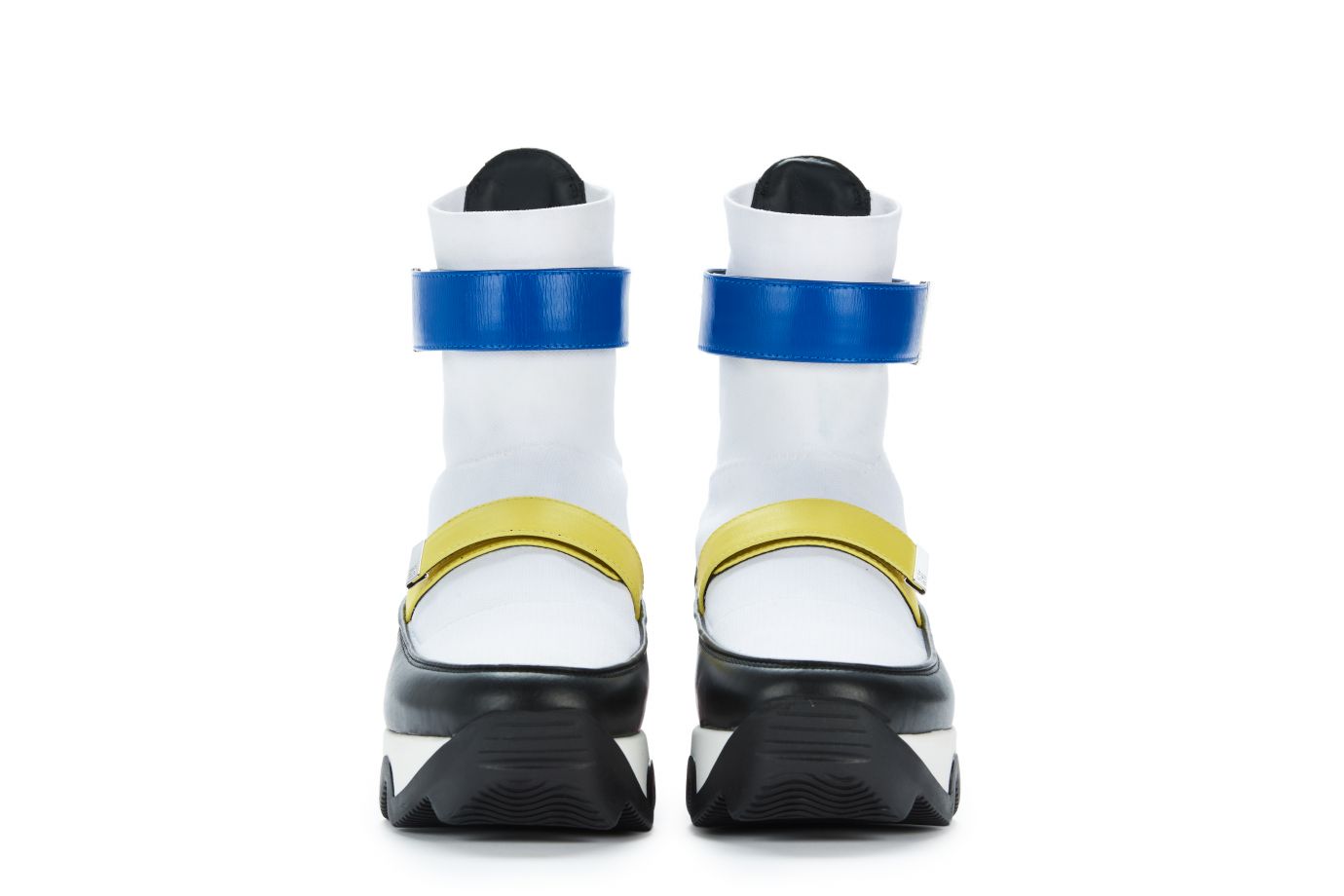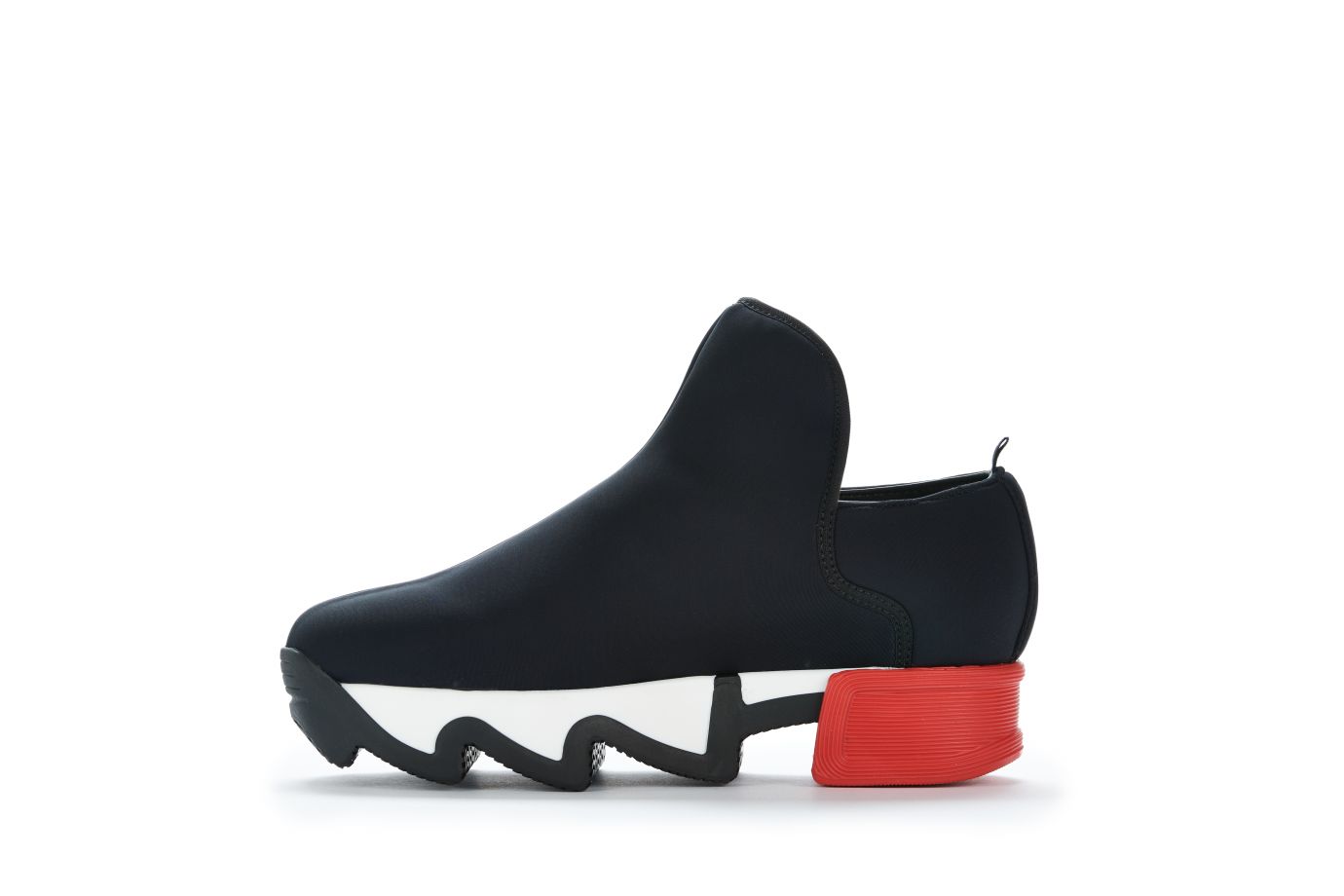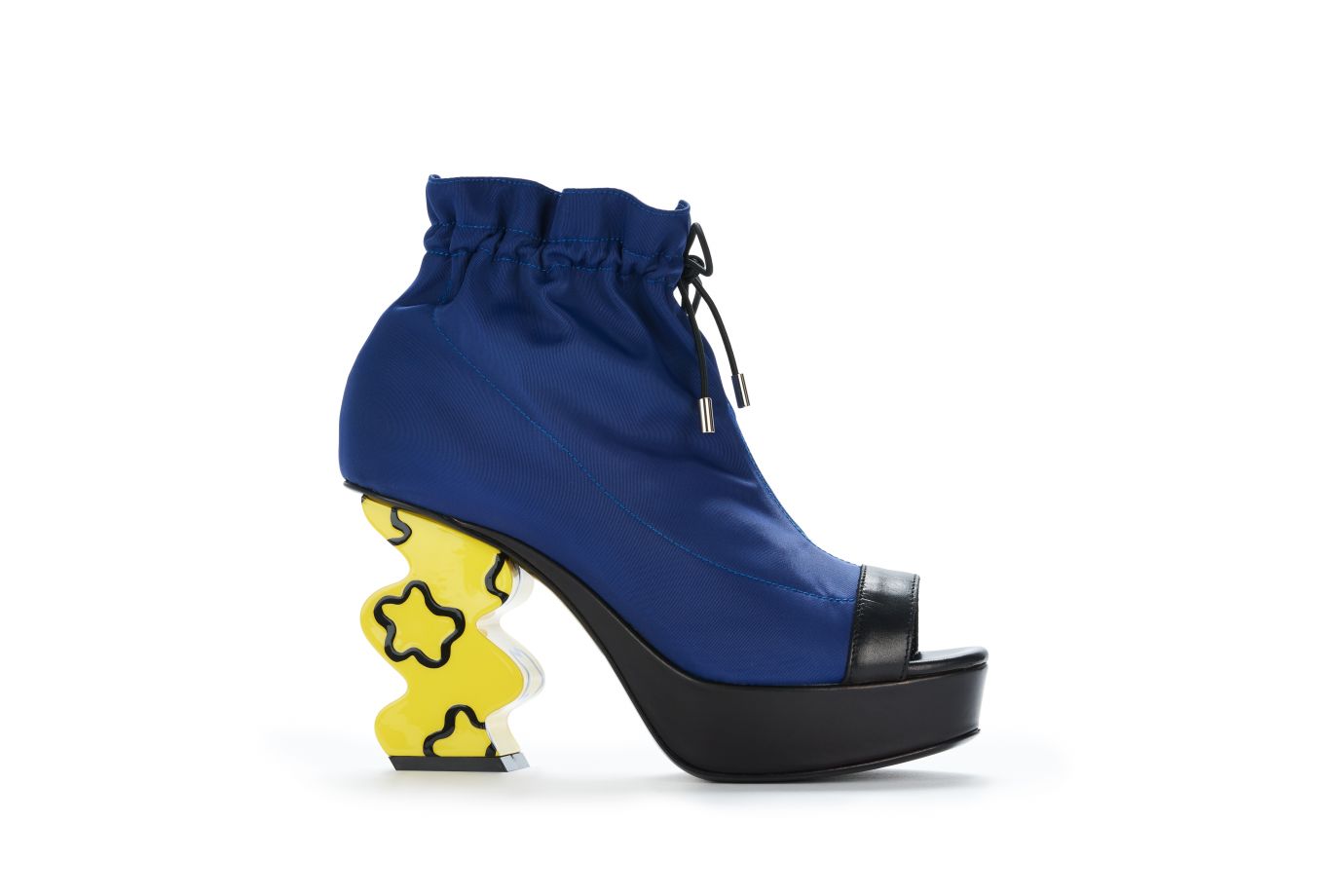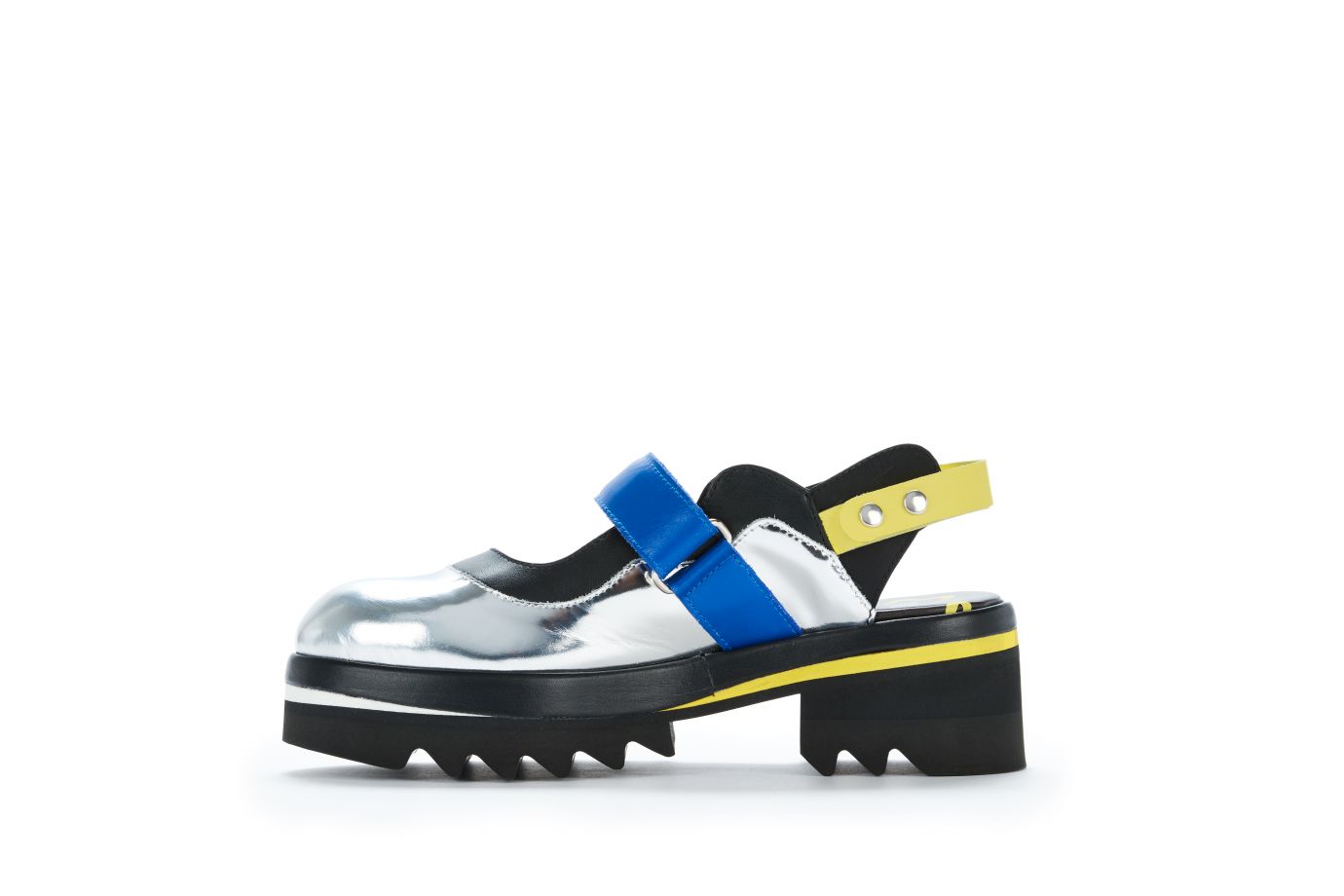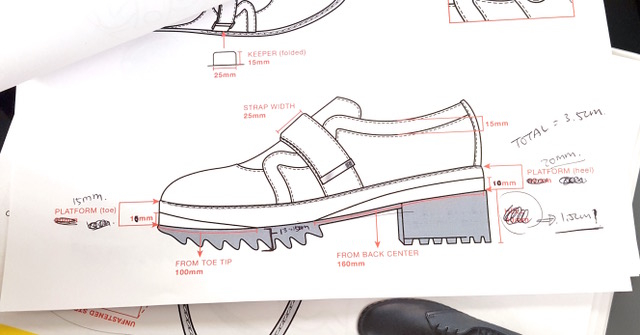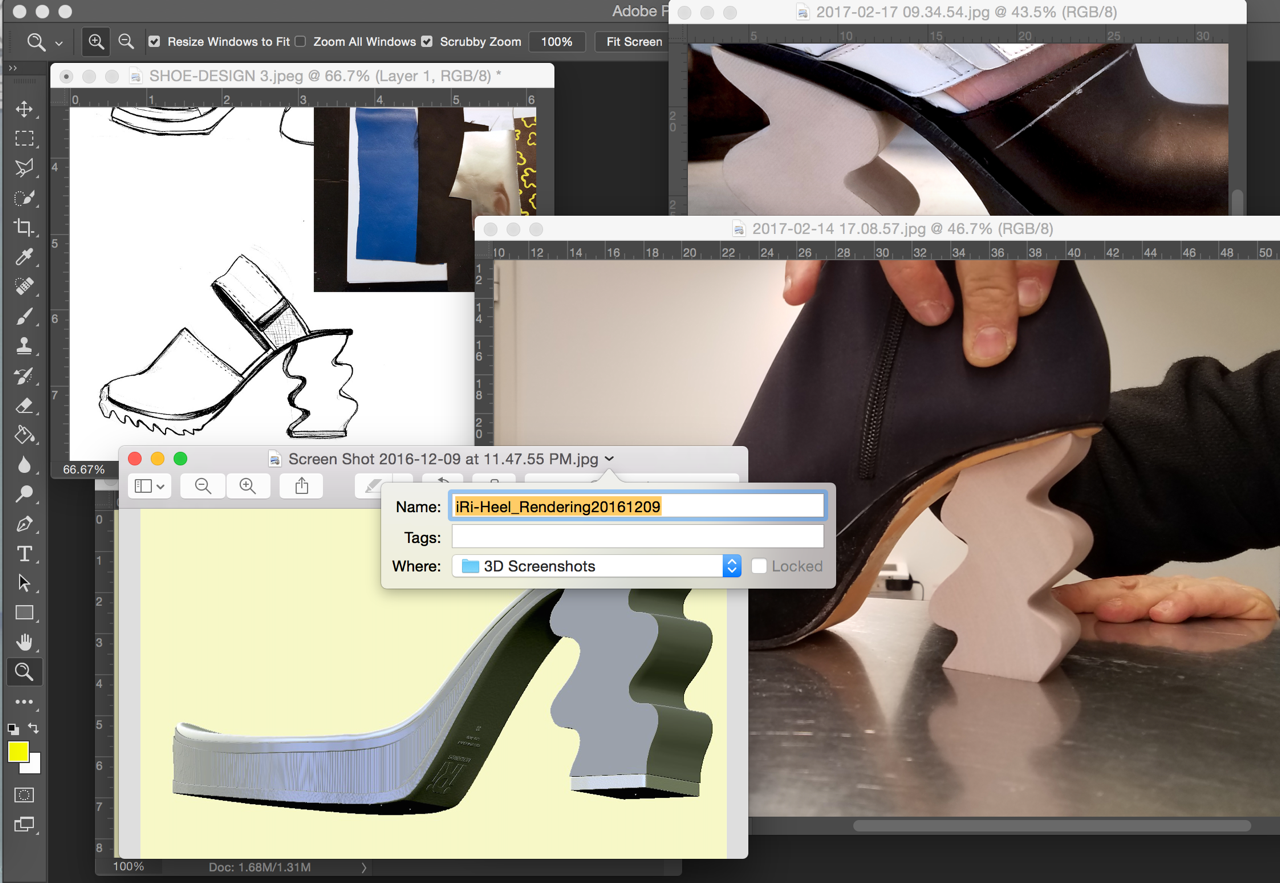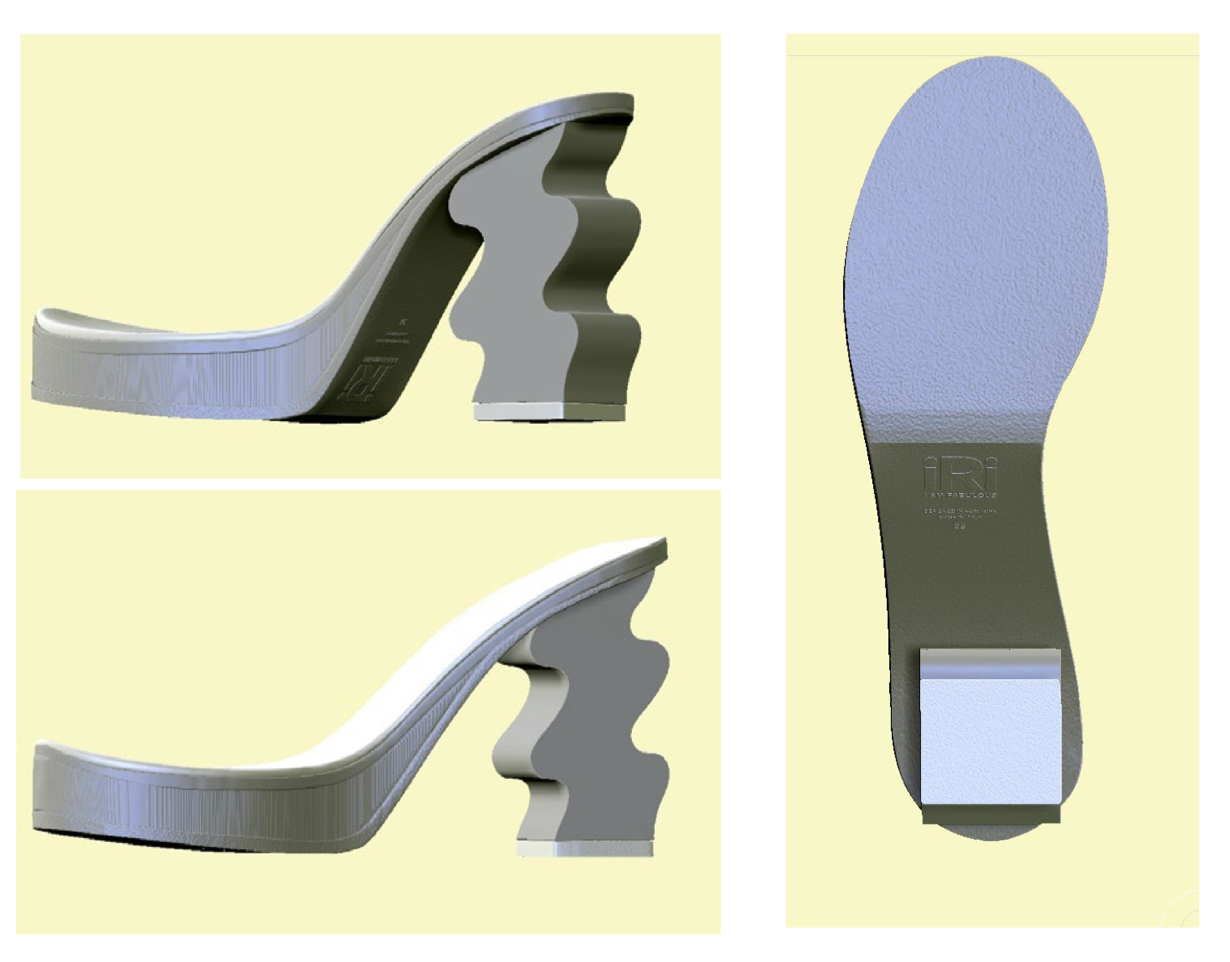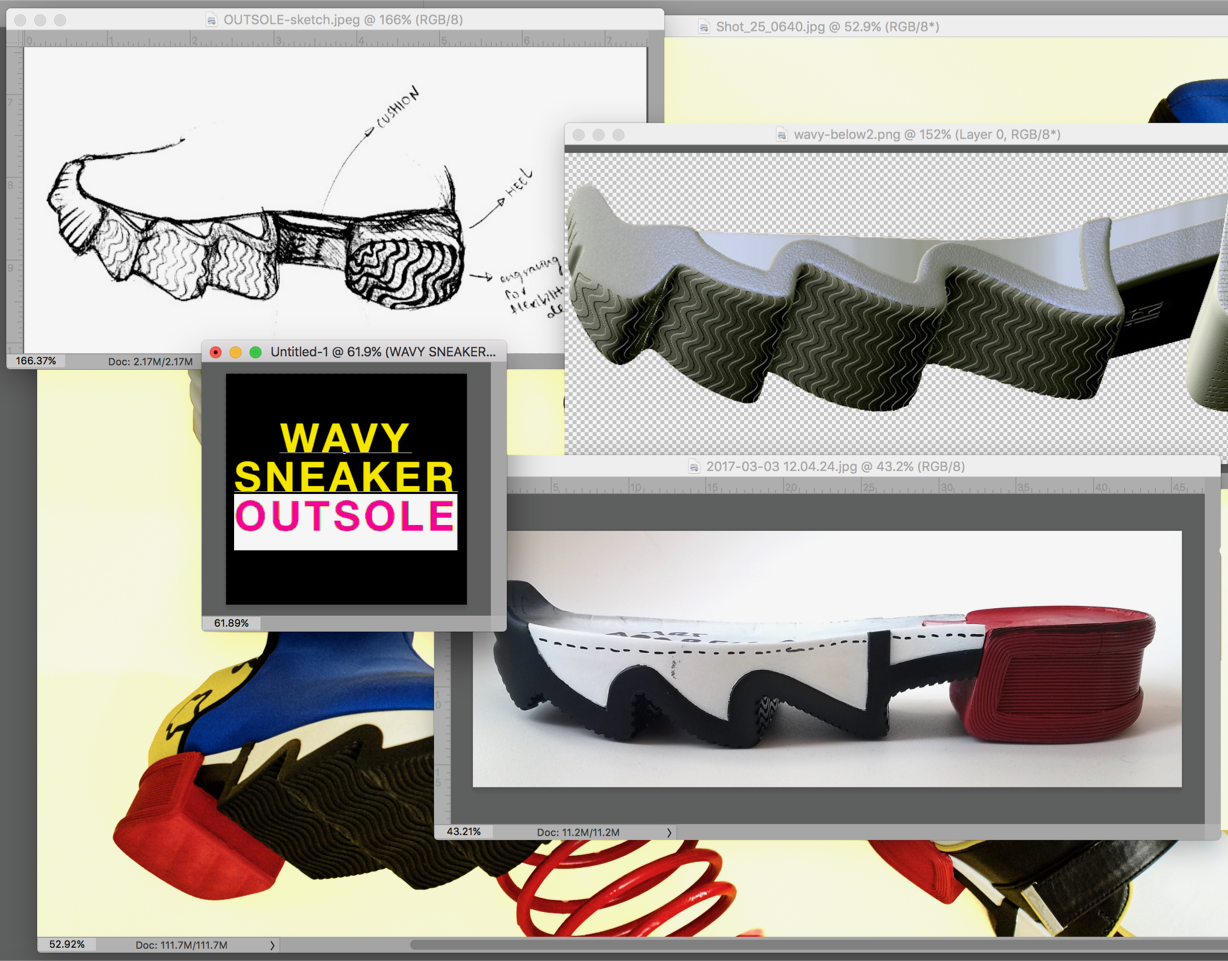How has your everyday life changed since you left Parsons? And since launching iRi?
It’s totally changed! I didn’t really think about launching a business until both myself and my business partner saw an opportunity that we both felt could work. Since launching iRi, my life is iRi – and this feels totally different from when I was at Parsons. It’s really like raising a child and the responsibility is at times a little nerve-racking but there is nothing more exciting than seeing your work come to life and all the decisions that go into that process.
When did you first envision starting your own label? Did Parsons prepare you for the experience?
Even before Parsons, I’ve always wanted to start something, to do something where I can be expressive! Studying at Parsons helped me shape up what I really wanted to do creatively. Besides just projects and collections, having the opportunities to meet and talk to people in the industry gave me a good indication of what I would experience if I were to start my own label.
How long before the launch did you start planning? What were some of the obstacles you had to take? (For example, was it hard to find your production site in Italy?)
I’d say it took us around seven months to plan but we started talking (almost as a joke) even before that. I think the most important aspect of the planning stage was being able to surround ourselves with people whom can collaborate with us in launching the business and shaping both design and image. The great thing is that the choices we made with the team really worked out (so far!).
As it was the first time for all of us to build something from the ground up (and we’ve never designed or produced shoes before!) there were many hurdles to get over. When the first factory we found in Italy turned us down at the very last minute, my business partner and I really felt the pressures of running a business. However, we stayed optimistic and our first huge obstacle turned into a great opportunity of leading us to find the best and most experienced factories. Like this case – we do believe that whatever obstacles we face, we can flip that to an opportunity. It’s difficult to always think like that but in business it’s the only way.
You work closely with your business partner Latif Nawab, who you met through mutual friends. How does that collaboration work and how important is it to you?
SUPER important. Although we take all decisions together I primarily handle the creative and Latif manages the business. From iRi’s inception, we both discussed how iRi needs to be represented by a collective of people. Over-communication and being honest at all time are the keys to making it work, and it’s something that I’m really trying to integrate into my DNA.

